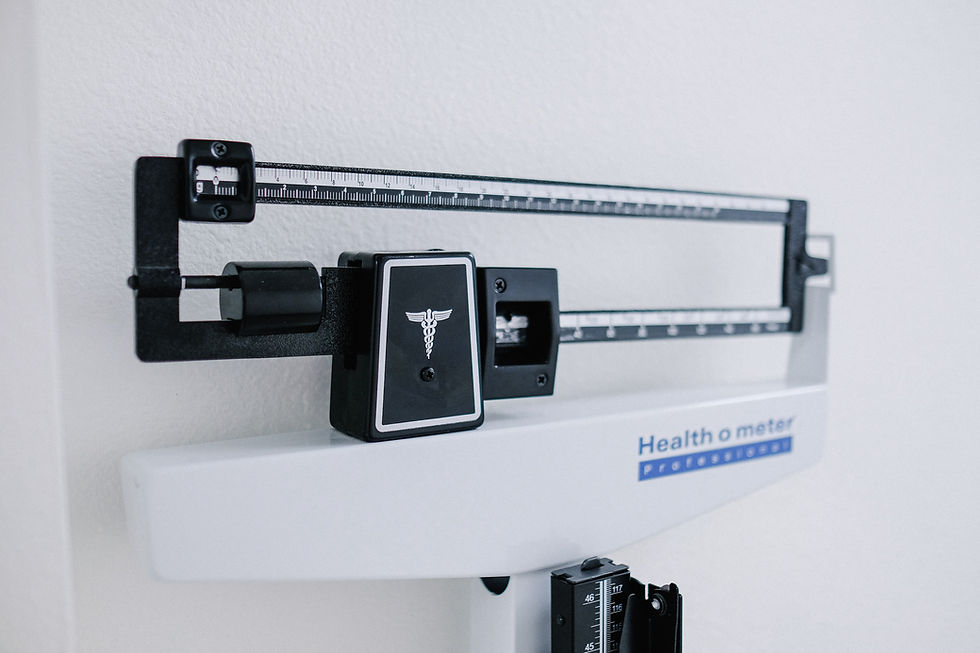
Sep 1, 2012
Jonathan Szkotak, Allen Shek
Irritable bowel syndrome (IBS) is a functional gastrointestinal disorder characterized by abdominal pain and altered bowel habits with a duration of at least 3 months. IBS is prevalent, expensive to treat, and is associated with significantly impaired health-related quality of life and reduced productivity. The burden of IBS is staggering, with an estimated 3.6 million physician visits in the United Sates annually and over $20 billion in direct and indirect expenditures. Treatment of IBS traditionally has been limited to an individual symptom-specific approach, but the importance of addressing the emotional context simultaneously is gaining acceptance. This article reviews the current therapies, including probiotics, 5HT3 antagonists, 5HT4 agonists, antidepressants, and lubiprostone, with a focused appraisal of the role of rifaximin from a managed care perspective. Emerging agents are also discussed.
